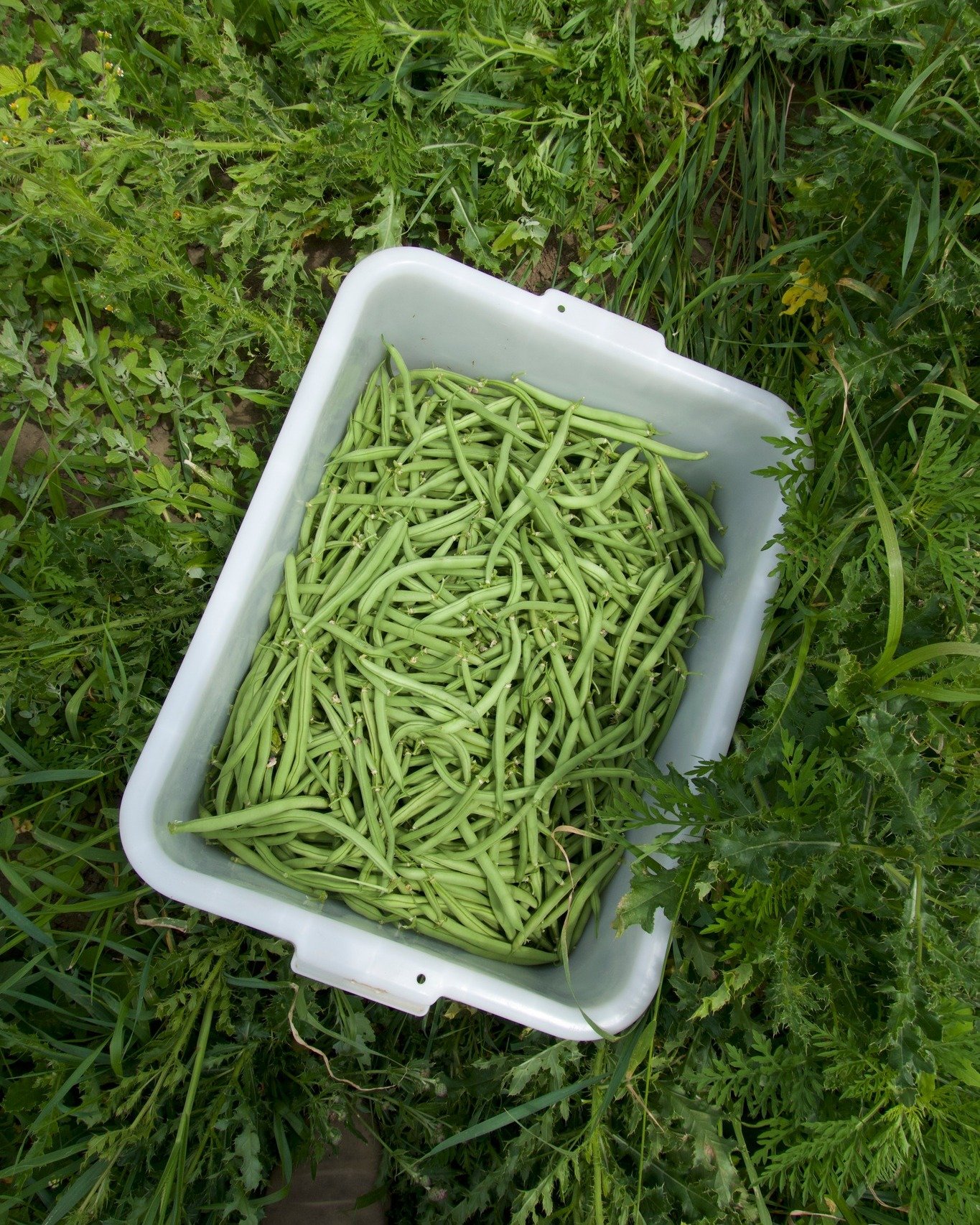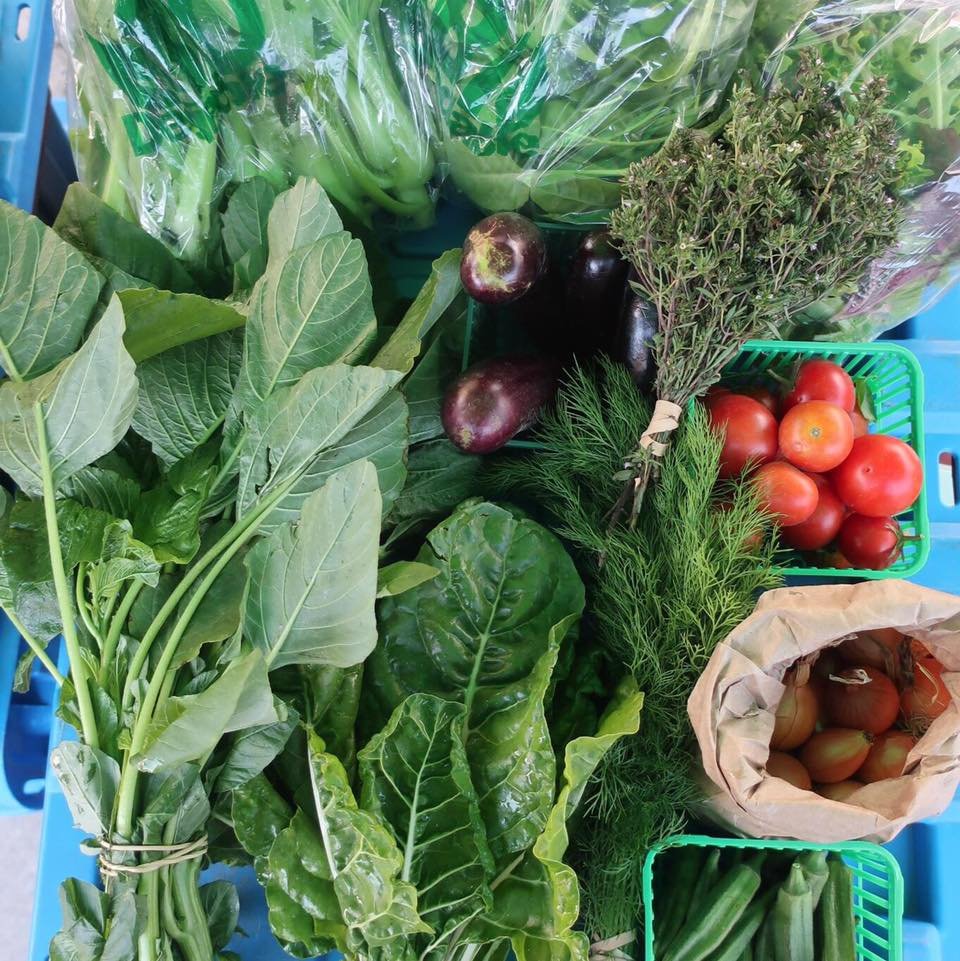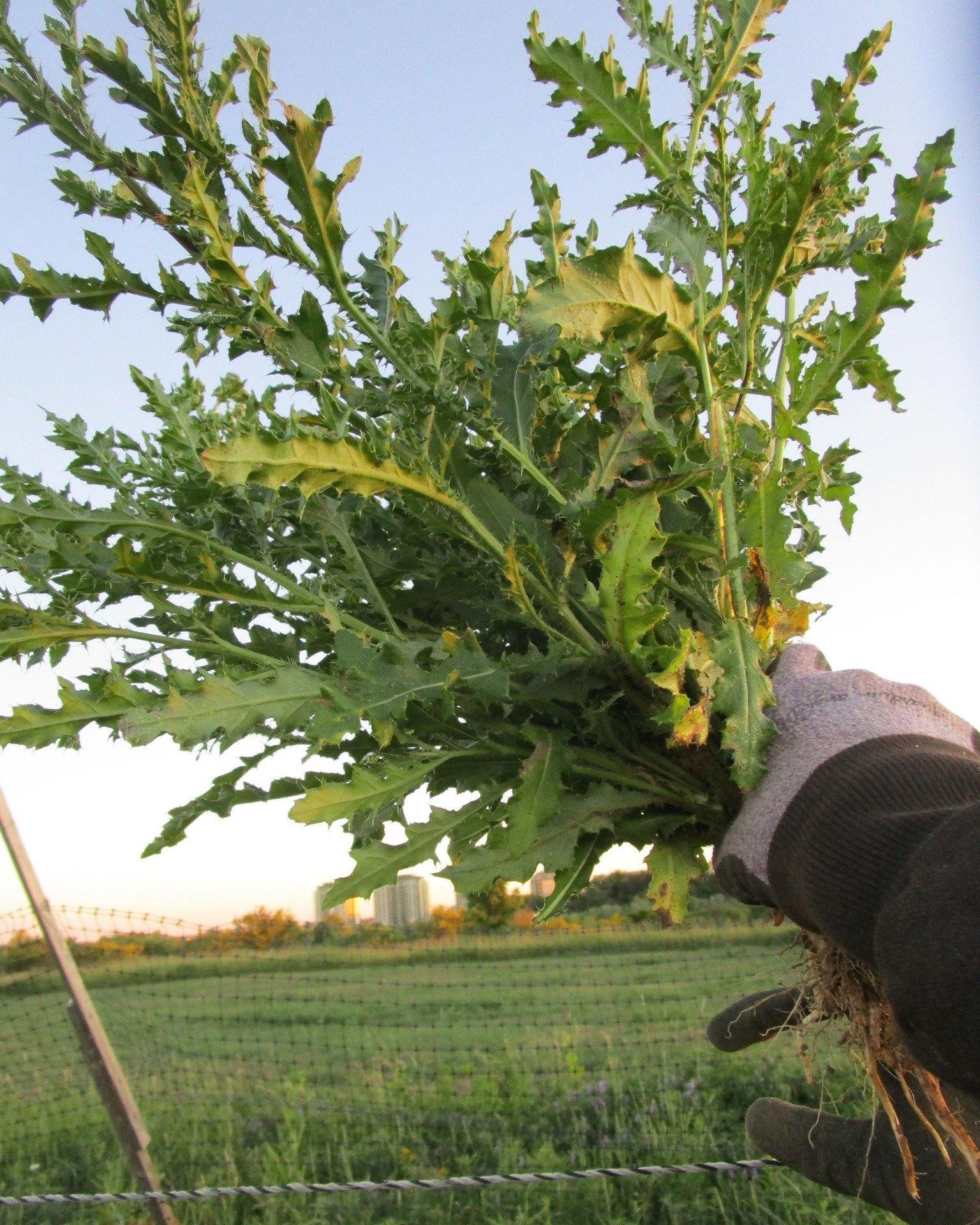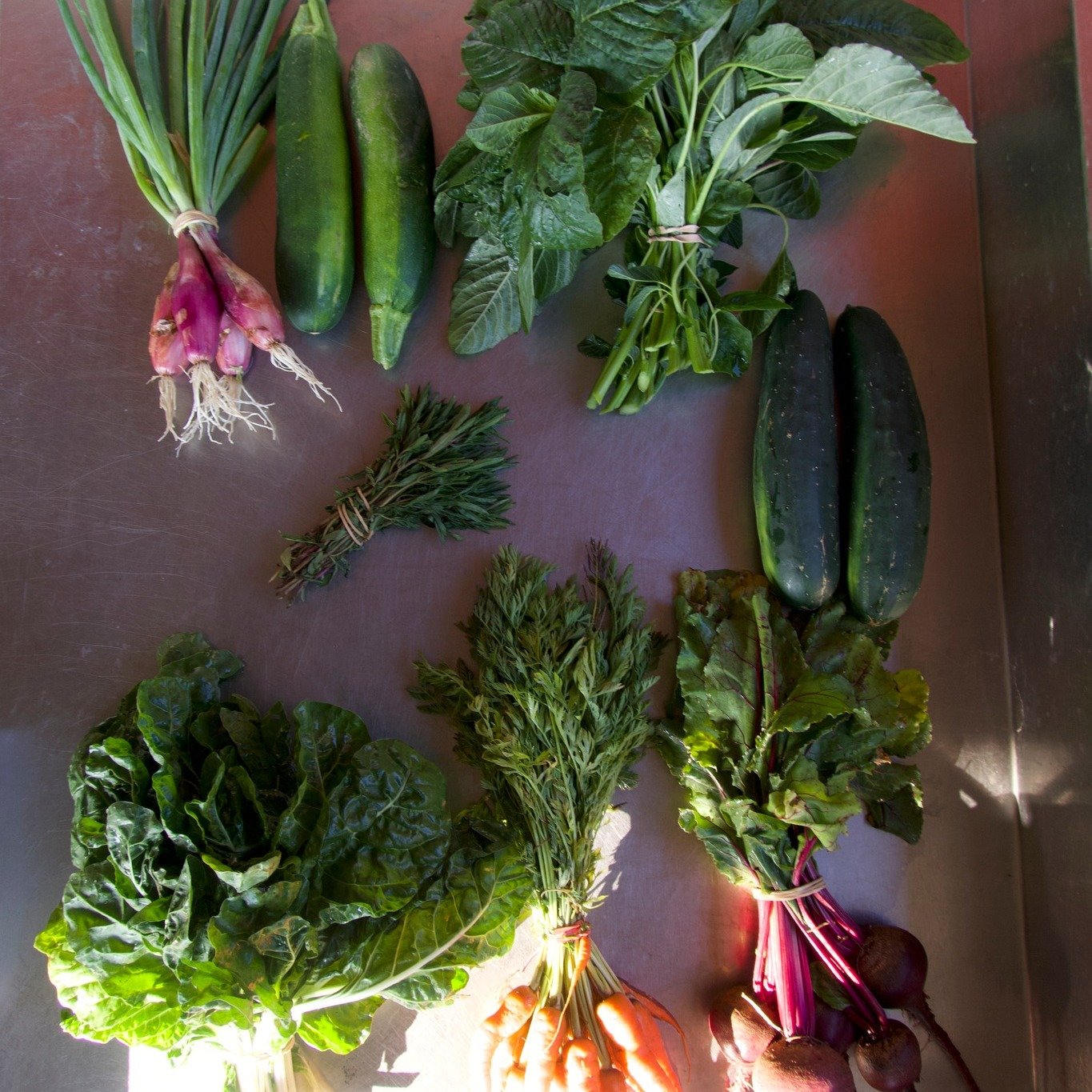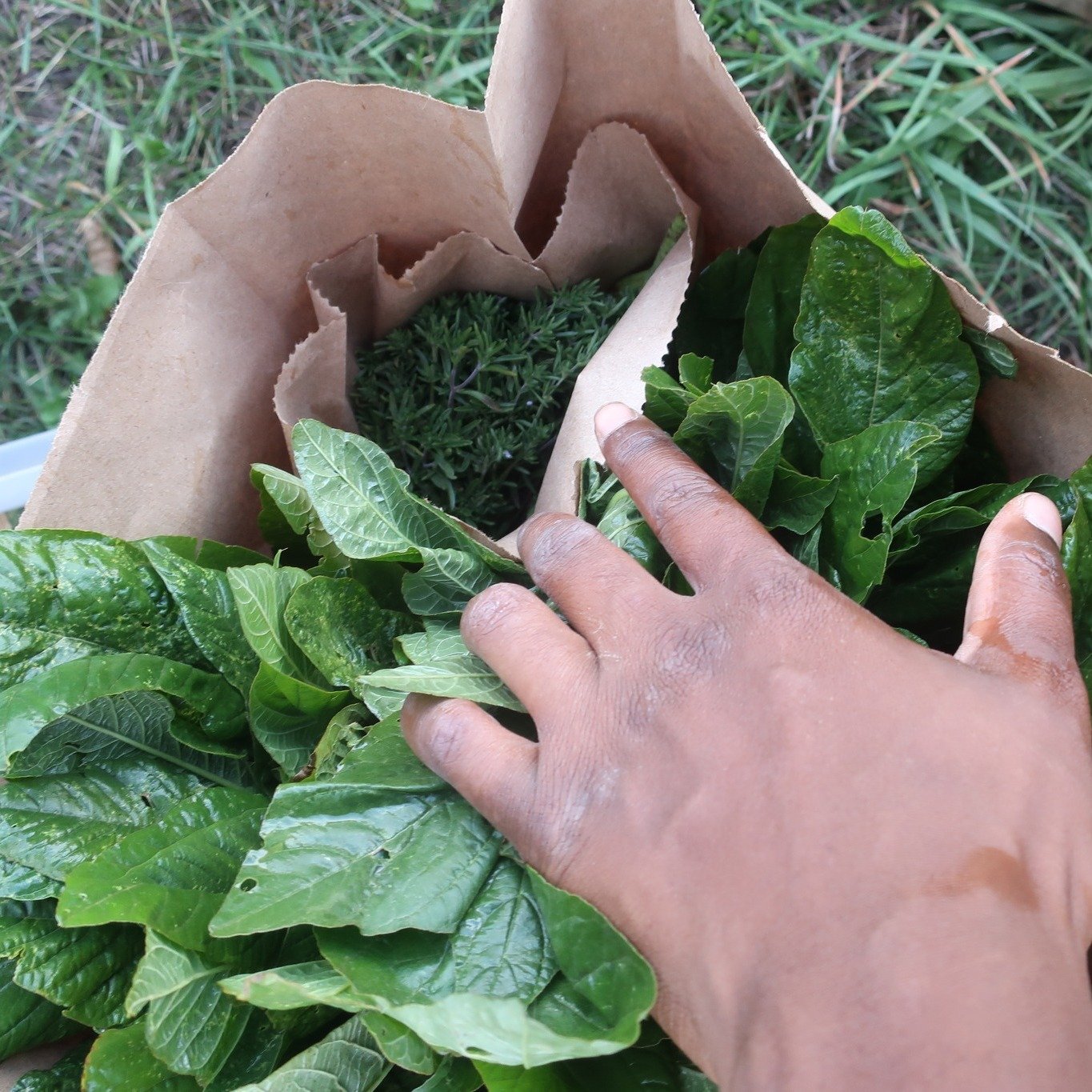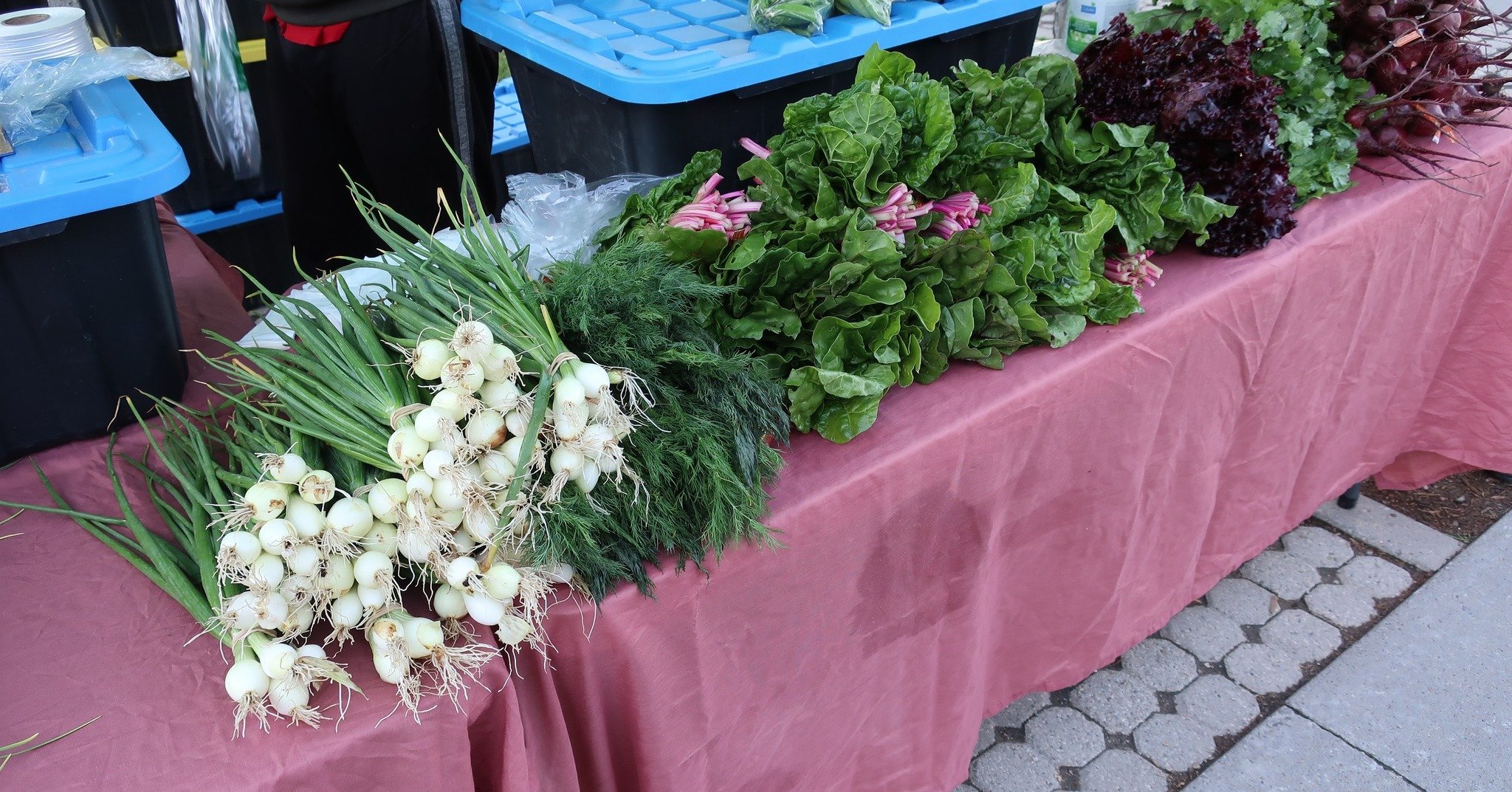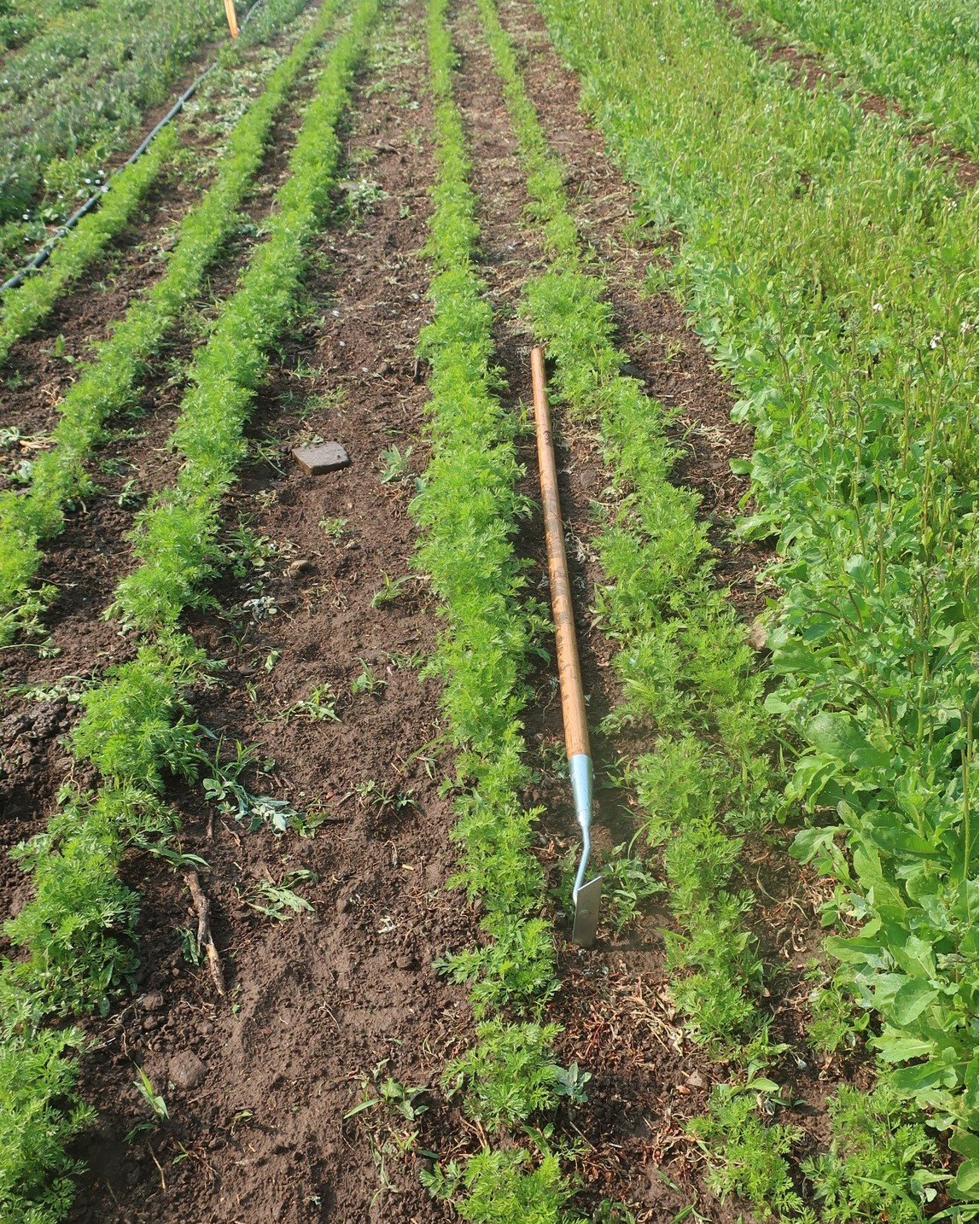Deeper Roots Farm
About Deeper Roots Farm
Nestled North of the heart of Orangeville, Ontario, Deeper Roots Farm is more than just a farm. With a focus on ecological and regenerative practices, this farm is dedicated to producing nutritiously dense organic vegetables that are food staples of the African diaspora. By attending farmers' markets, participating in Community Service Agriculture (CSA), and donating to local food channels, Deeper Roots Farm actively makes these high-quality produce options more accessible to those who need them most. The demand for cultural staples of the African diaspora is undeniably high, yet the availability and accessibility of such products remain limited. Deeper Roots Farms recognizes this and strives to bridge the gap, believing that growing these cultural staples is a fundamental step toward addressing food insecurity.
Financing Need
Deeper Roots Farm has identified a crucial financing need to purchase infrastructure needed to adequately grow cultural food staples and for their farm expansion plans. With the goal of increasing their capacity and volume of production, as well as investing in tools and equipment, the farm required financial resources.
The Fund has played a pivotal role in helping Deeper Roots Farm overcome their financing challenges. By providing access to capital and financial support, the Fund has helped the farm to pursue their expansion plans and make necessary investments in their infrastructure as well as secure the resources required to purchase tools and equipment, extend their growing season by installing hoop houses and a greenhouse, and ultimately increase their income potential.
Impact Over the Loan Term
Economic Impact
2 - 4 new jobs created and 4 jobs expanded or maintained
Over 4 new regional suppliers supported
Social/Environmental Impact
Increase access to organic cultural staples of the African-diaspora to said community
Enhance partnerships and relationships fostering collaboration and cooperation across the food value chain including restaurants and other food processors
Reduce GHG emissions through shortening supply chains of culturally appropriate food
Increase local employment and decent work by providing staff with a living wage

